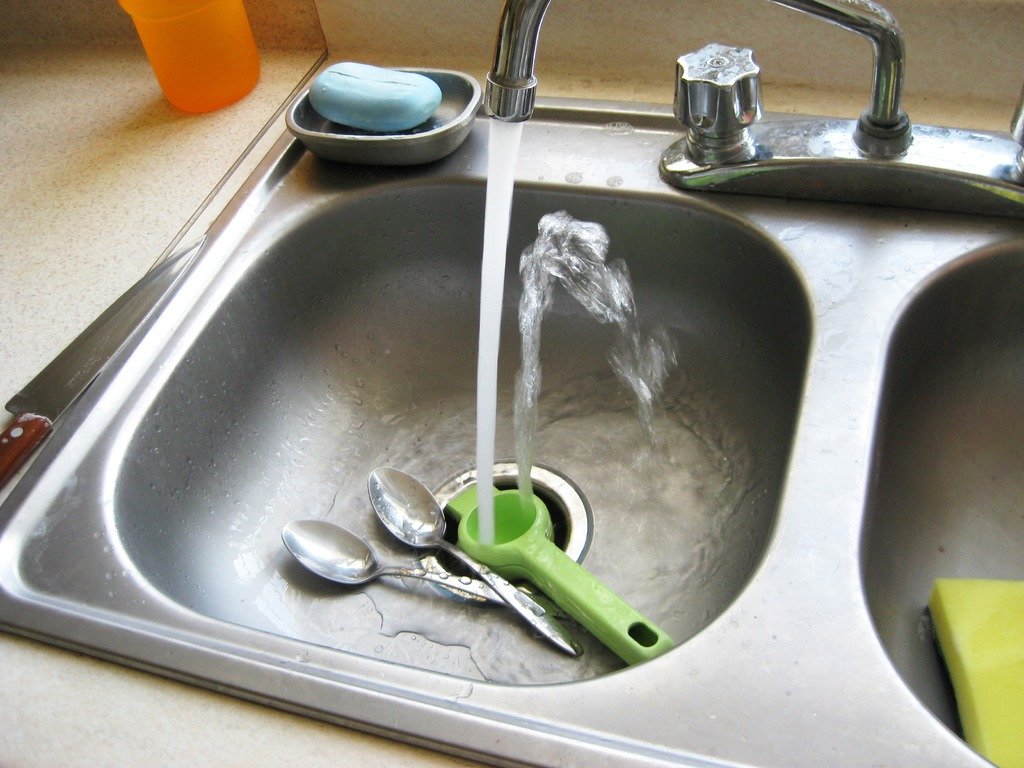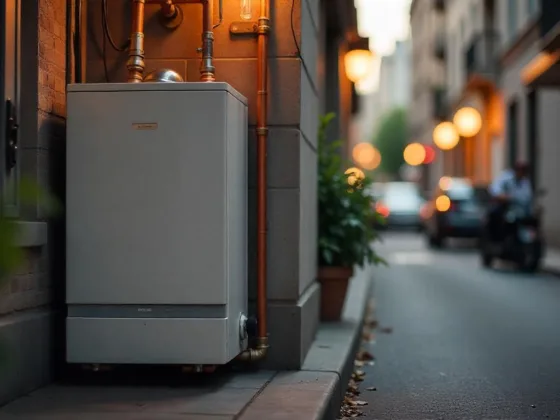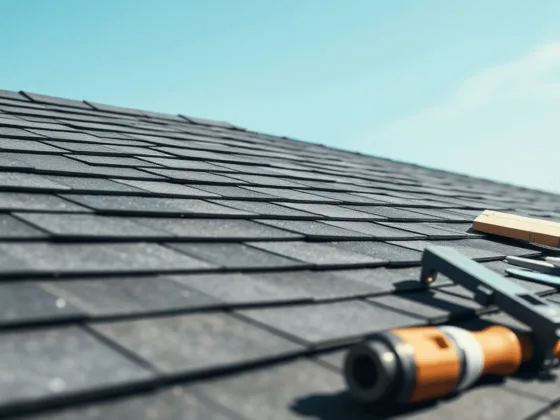Table of Contents Show
After dinner, you casually empty the dishes in your kitchen sink. After breakfast, you flush coffee grounds and eggshells. These minute scraps you keep flushing down the drain will one day come to haunt you and your drain system.
Your actions might go unpunished for a couple of days, weeks, or even months. But rest assured, there will come a time when the kitchen sinks will get clogged and stop draining the wastewater from your households.

Drains inside our homes are always susceptible to blockages. These blockages result from errors when disposing of our home’s waste. It costs money to undo drain blockages with a professional local plumber like team emergency plumber, and it is also a tedious process.
Here is a list of eleven things you should never flush down your kitchen sinks, toilet faucets, or any other drainage outlets in and around your home. Fix your drain issues quickly to avoid worsening the problems.
1. Eggshells
Eggs. Don’t we all love them? Right. But you have to be careful with the disposal of eggshells after enjoying your scrambled eggs. Despite their delicate appearance, eggshells are capable of causing untold damage to your septic tanks.
The released eggshells stick to the sides of your pipes. Over time, these eggshells form sticky substances that trap any material trying to make its way out of these pipes. Eventually, this leads to nasty clogs that require cash to undo.
2. Flour
Flour combines with water to form a thick coagulate inside the drains. The more flour you flush down the drain, the higher the likelihood of serious clogs. The coagulated flour coats the linings of the feeder pipes.
This coating traps other small debris and sediments flowing inside the essential drain pipes. Flour should be disposed of in the garbage can. If you suspect a gluey paste taking residence in your sewer pipes, do not hesitate to call in emergency plumbing experts.
It is wiser to deal with the problem now than to wait until the drains become completely blocked and unusable.
Read Also:
3. Medicines
Avoid flushing medical waste down the drain system. Flushing your expired or unused medications with or without first crushing them poses an environmental threat.
Traces of these medications will wash back into your tap water and into the environment. In the long run, this pollution affects the plants and the quality of the air we breathe in.
The law requires that you first make the drugs unusable and unpalatable before disposing of them. To do so, crush them and mix them with vinegar or salt solution.
Most states provide a free medical waste drop-off site where you can drop off your unwanted medication for proper disposal. Visit your local pharmacy to get access to medical waste disposal assistance.
4. Produce Stickers
It is very likely that the produce stickers will wash off the fruits and flush them down the drain. Over time, these stickers will disrupt the smooth flow of your kitchen drainage. These stickers cause interruptions at the water treatment plant in the long run.
Peel off any stickers on products before washing them at the kitchen tap. You can introduce drain screens to help stop the passage of such items down the drain.
5. Paper Products
Apart from tissue paper, you are not supposed to flush any other paper products down your toilets. The ordinary paper does not dissolve and disintegrate quickly.
Therefore, never put paper products like cotton balls, paper towels, and feminine sanitary wear down your drains. Instead, throw these absorbent products into your garbage cans for a smooth plumbing experience.
6. Cleaning Products
Never flush cleaning products down your drains. Despite being liquid in nature, these products harm the environment. They contain harmful chemicals like antibacterial components and phosphates, among others.
The water treatment plant may accidentally release these harmful chemicals into the ecosystem. Drop off these leftover chemicals at the nearest free waste drop-off center.
7. Pasta and Rice
Rice and pasta are known as expandable foods. These foods expand when they come into contact with water. You might not even realize that you are introducing trace amounts of rice into your drains.
But, every time you wash rice, small amounts drop into the sewers. Over time, these foods cause partial or complete drain blockages. What happens is that the expanded foods become sticky and attach to any passing debris, leading to sewer flow disruptions.
8. Paint
Paint is just like the cleaning products mentioned above. The paint contains harmful substances that pose significant health and environmental risks to the drainage system.
If you have unused or expired paint, it is best to take it to the nearest chemical waste disposal system for proper treatment and eventual release. Alternatively, you should leave the paint to dry before disposing of it.
9. Grease, Oil, and Fats
Dumping grease in the toilet or kitchen sink is not only going to cause blockages, but it is also an illegal practice. According to the environmental protection agency, released motor oil contaminates water supplies.
Visit your nearest waste center or local recycling plant for proper disposal. This list also includes cooking fat sediments left on the pans after cooking bacon. Apart from causing drain leakages, these greasy substances decay and emit foul smells.
The best way to dispose of hot grease is to put it in a disposable container and throw it out with the rest of the trash.
10. Condoms
Some people falsely assume that they can flush used condoms down the drain without causing problems. The truth is that these materials are one of the most common reasons for drain blockages.
The condoms get entangled in the drainpipes. Eventually, they interrupt the smooth flow of waste down the drain. Used condoms should be properly wrapped in tissue paper and discarded as regular garbage.
11. Coffee Grounds
Despite coffee grounds being small enough to fit through the fixtures, they should never be flushed down the drain. After a while, these fragments of ground coffee stick to the walls of the drainpipes.
That effectively impedes the smooth flow of materials down these drains. Coffee grounds are supposed to be thrown in the trashcan to prevent clogs.
The Key Takeaways
Consider carefully and thoroughly before disposing of any substance down your toilets, kitchens, or any other drain outlets at your residence. Take a moment to think about the potentially negative impact of introducing these objects into your drainage system.
This might lead to an unnecessary house repair or can cause environmental or personal health risks. If there is even a slim possibility, it is wise to discard this waste in trash cans. That helps to keep drain clogs at bay.









